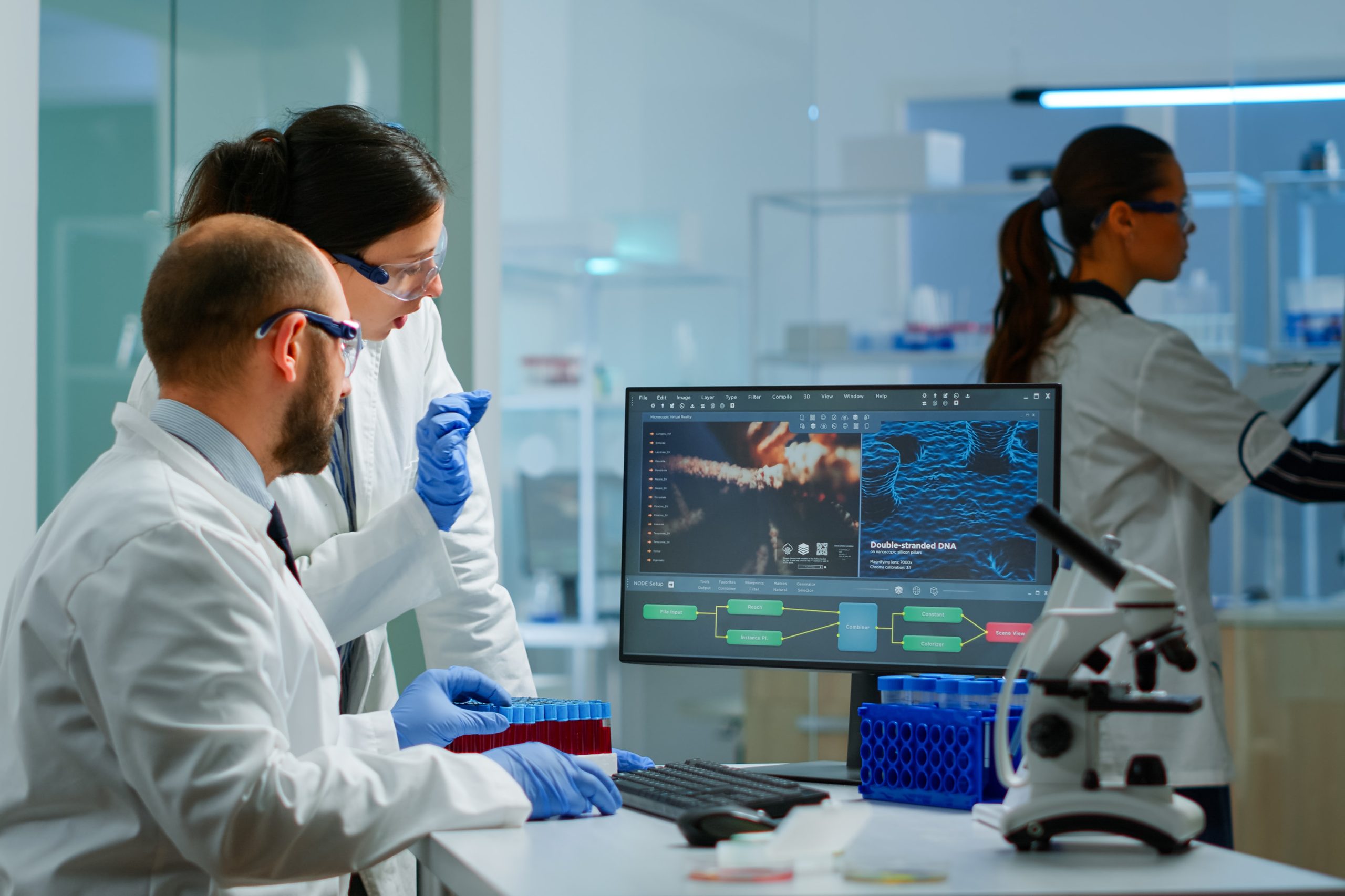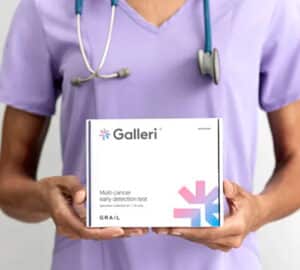ptsd & diabetes | A study from Saint Louis University has found that post-traumatic stress disorder (PTSD) can lead to worse outcomes for patients with type 2 diabetes. “To our knowledge, this is the first evidence that PTSD is a modifiable risk factor, albeit a modest one, for some adverse diabetes outcomes such as microvascular complications,” says Jeffrey Scherrer, Ph.D., professor of family and community medicine and professor of psychiatry and behavioral neuroscience. Patients with PTSD were found to have worse glycemic control and an increased risk of hospitalization. Researchers observed that treating PTSD so that patients no longer met the criteria for a diagnosis was associated with 8% reduction in microvascular complications.
stroke care insights
Stroke patients are prone to developing new blockages to the brain’s blood vessels during their recovery. Doctors at 57 sites around the U.S. have been testing if adding anticoagulant drugs to medicine that dissolves blood clots is a viable solution. However, results from Washington University School of Medicine indicate that two such drugs are ineffective. The team looked at argatroban, a blood thinner, and eptifibatide, which inhibits blood platelets from sticking together. “We’re a little disappointed in the results,” says Dr. Opeolu Adeoye, head of the Department of Emergency Medicine and the BJC HealthCare Distinguished Professor of Emergency Medicine. “But it’s meaningful to optimal patient care that we’ve answered the question definitively. Neither of the drugs helps prevent further clots.”
proton therapy
Mercy has joined the Proton Collaborative Group (PCG), a group of more than 30 treatment centers across the country committed to improving outcomes for cancer patients and advancing the role of proton beam therapy. The treatment targets cancer tumors, reducing and eliminating unwanted radiation exposure to surrounding healthy tissue. “PCG provides our patients greater opportunity and access to clinical trials using proton beam therapy, which for many of them makes this treatment possible, while at the same time helping improve future cancer treatment,” says Dr. Amit Roy, principal investigator for the proton beam registry and PCG trials at Mercy St. Louis. “In addition, the care teams will have access to important data to help shape future treatment.”
long-lasting immunity
Researchers at Washington University School of Medicine have received a $12 million grant from the National Institute of Allergy and Infectious Diseases of the National Institutes of Health. The funds will be used to identify the causes of long-lasting immune responses from vaccines. “Lifelong protection is the gold standard in vaccine development,” says Ali Ellebedy, Ph.D., the Leo Loeb Professor of Pathology & Immunology. “We have an opportunity to learn from successful vaccine events, which have stopped the spread of pathogens or even eliminated them. We need to understand what such vaccines are doing to the immune system that the flu and COVID-19 vaccines are not able to do.”








